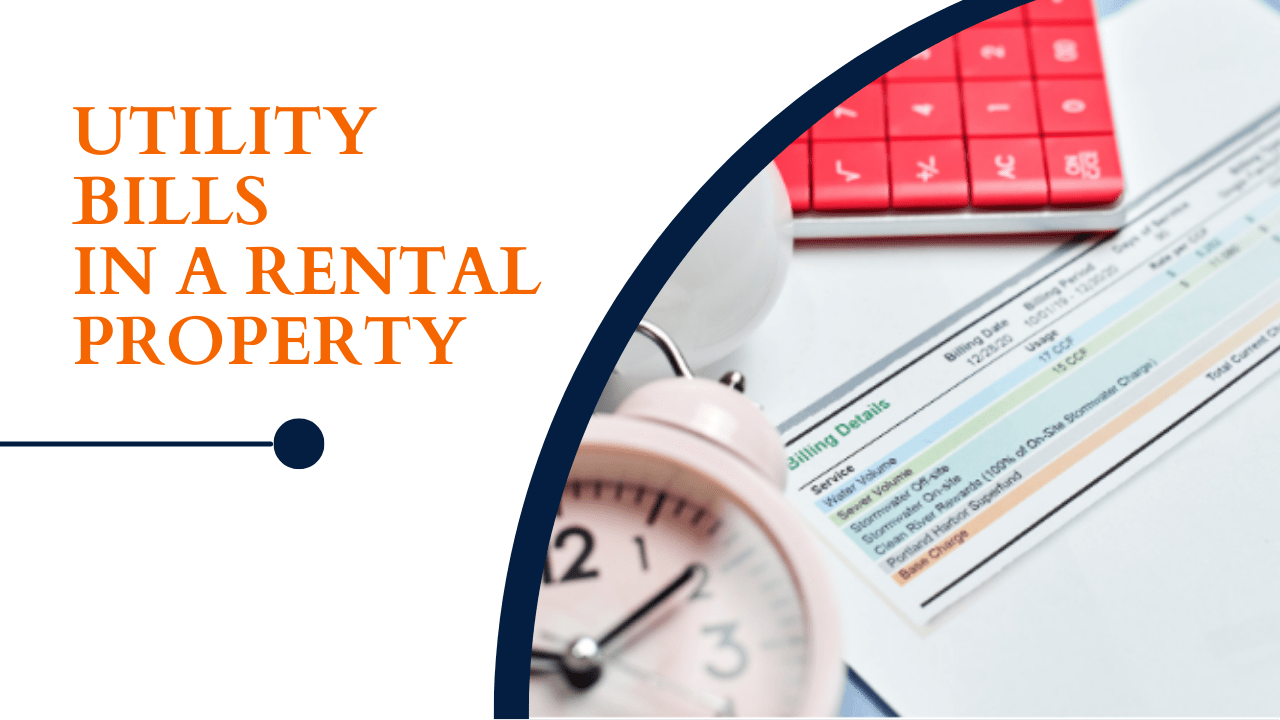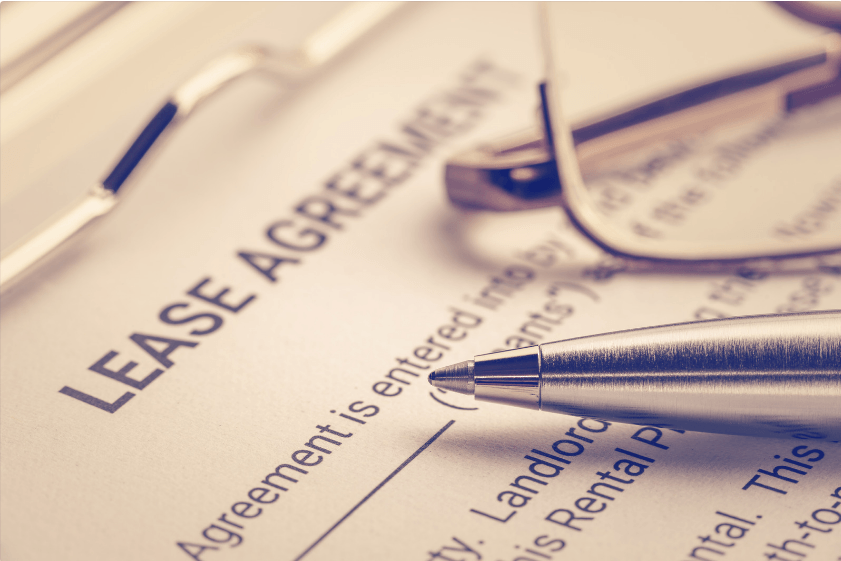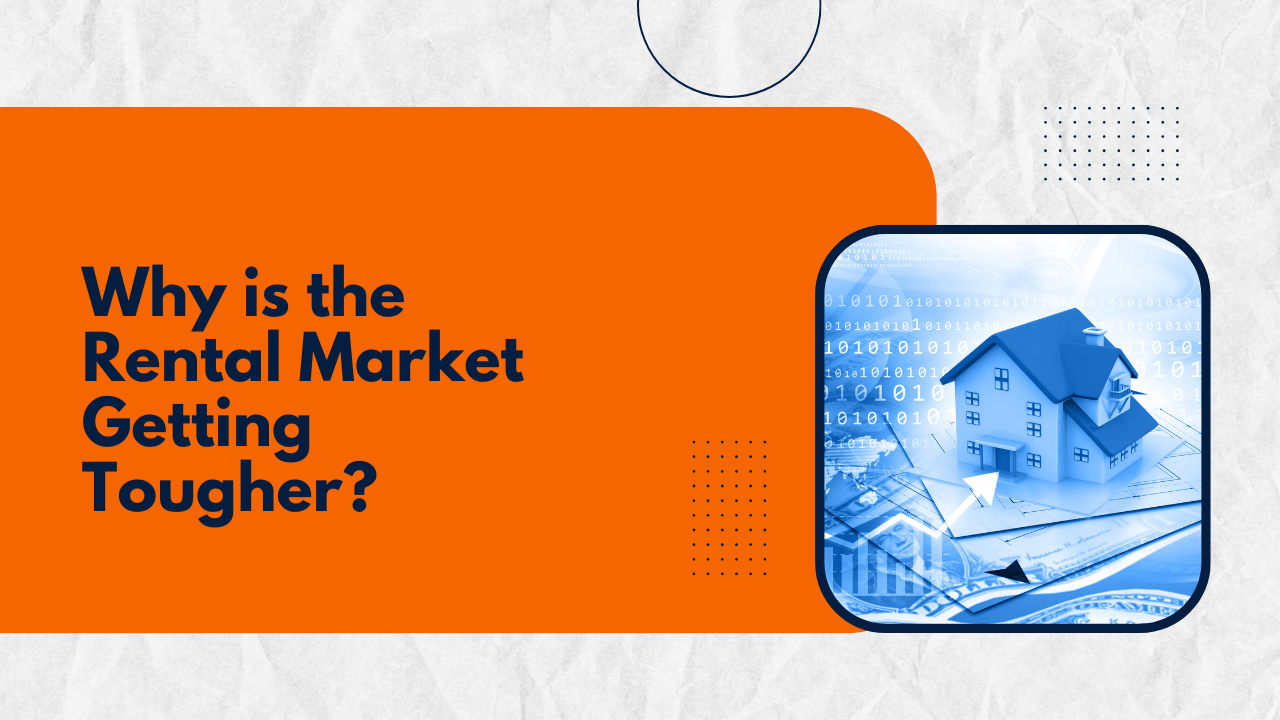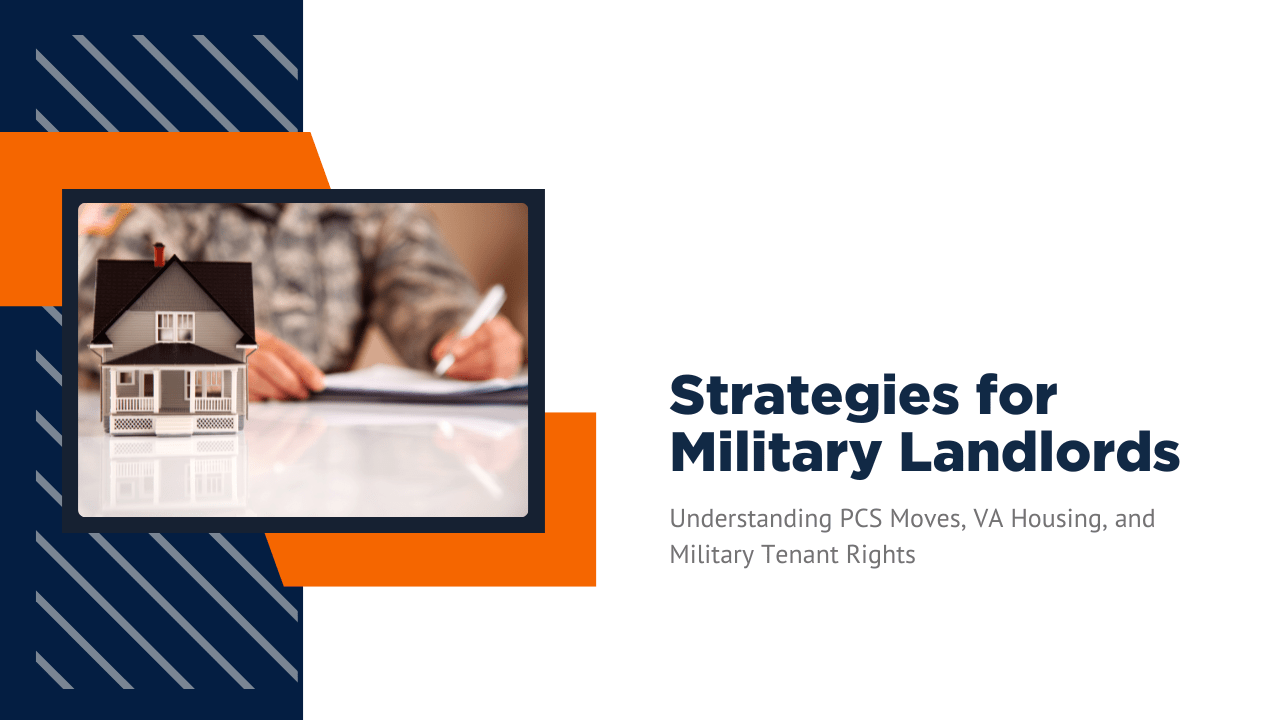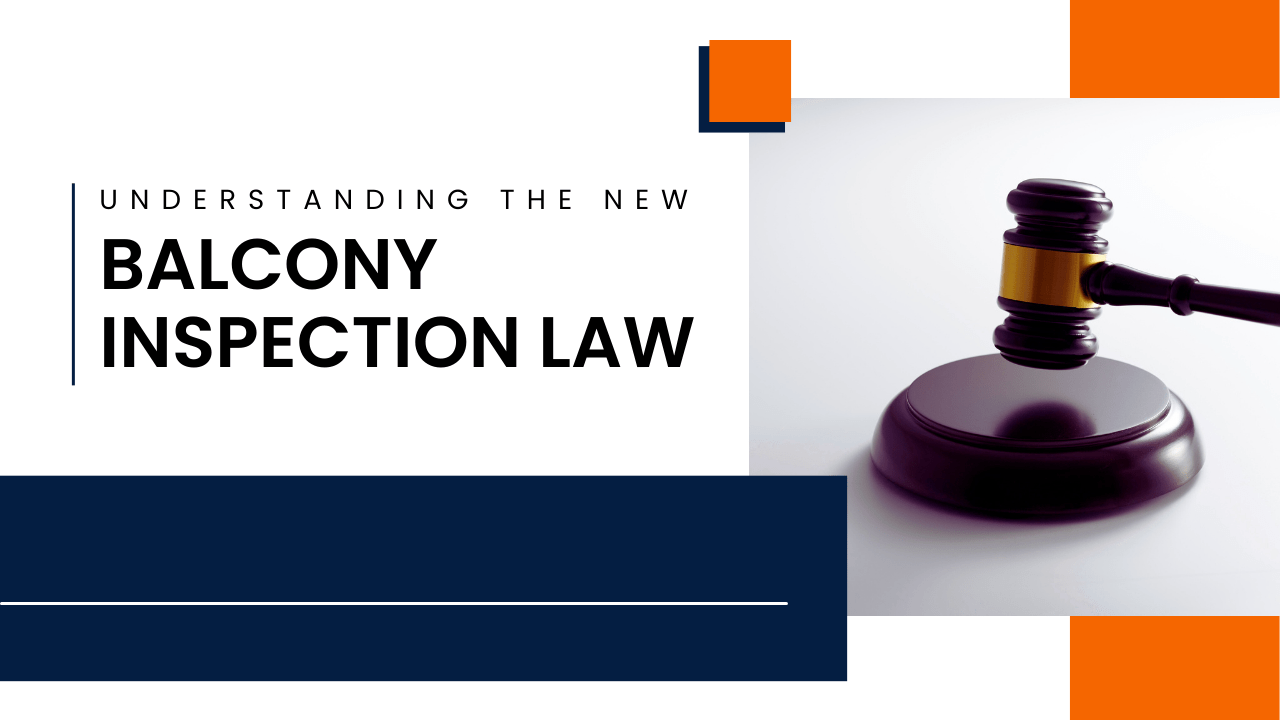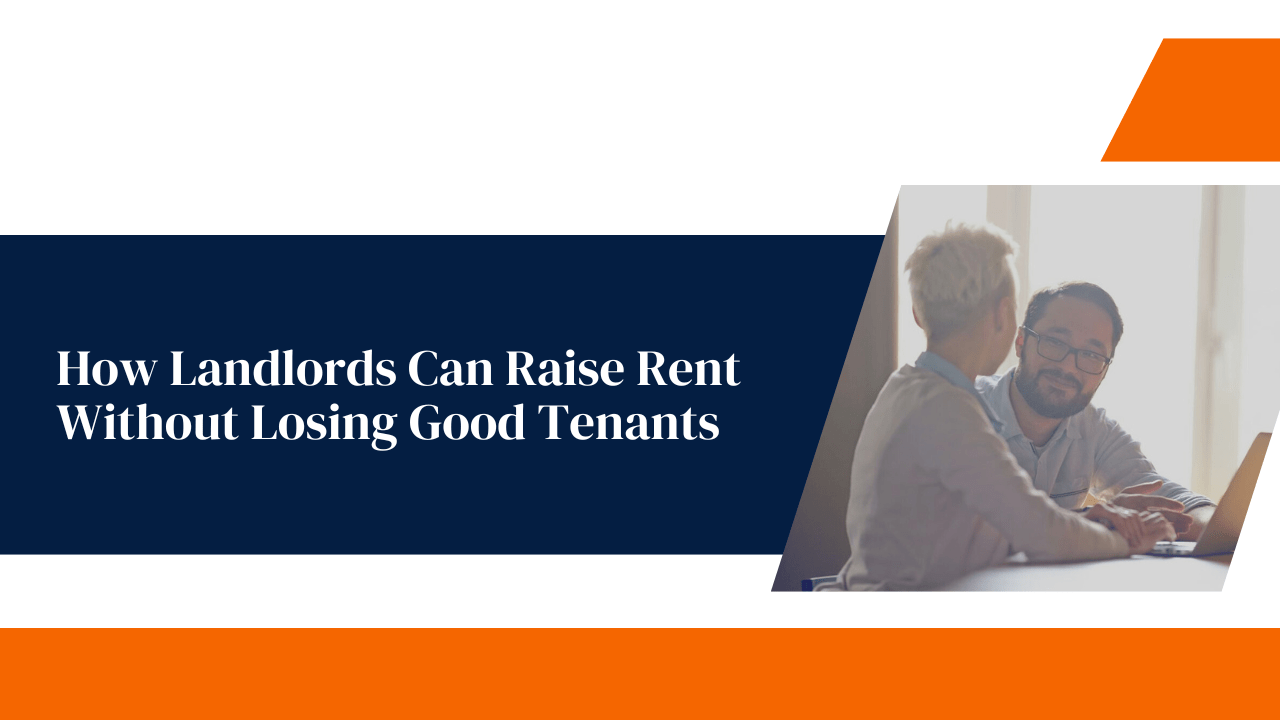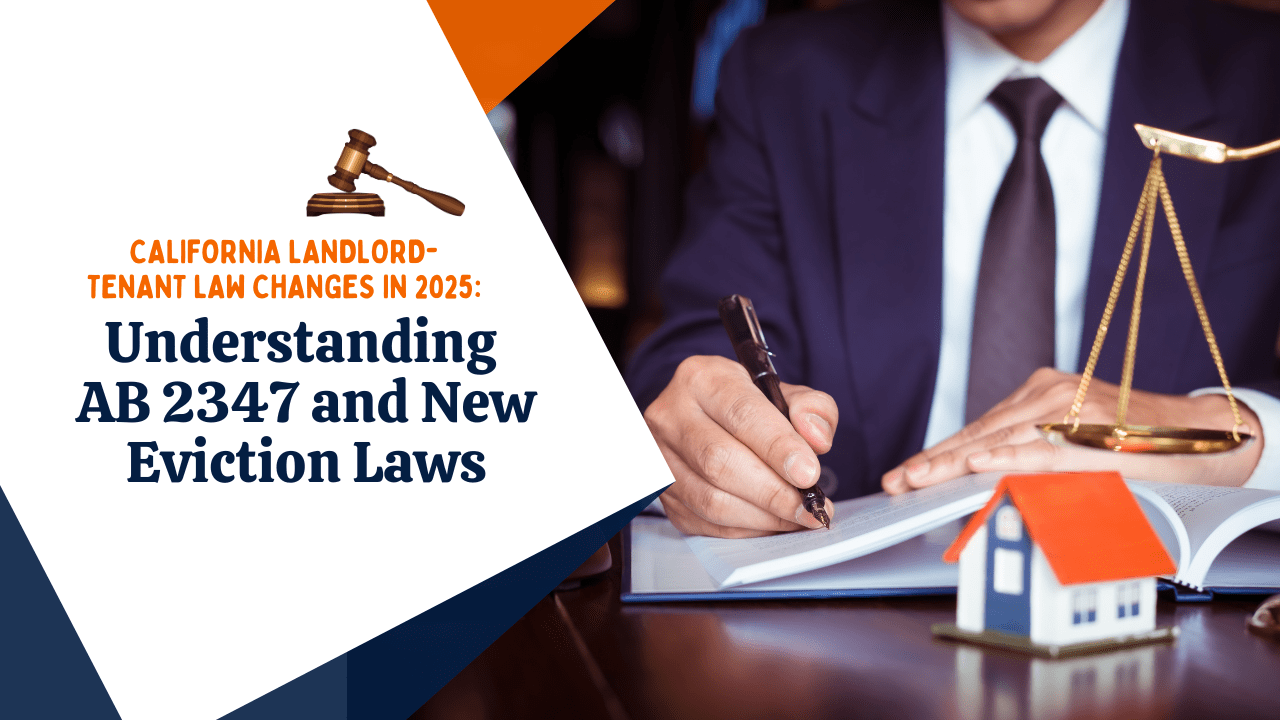How do you decide who is responsible for utilities in your San Diego rental property?
Often, it depends on what type of home you are renting out. With single-family homes, it’s generally acceptable to expect your tenants to set up their own accounts and pay the monthly utility bills. Multifamily homes are a bit different. With several residences inside a single building, managing the utilities can become more complicated.
Establish your policy on utilities before you begin marketing your home for rent. Your
prospective tenants will want to know if utilities are included in the rent or if they’re separate. They’ll also need to know whether establishing or transferring an account will be their responsibility.
Deciding who will be responsible for utility payments will impact your rental price, your monthly accounting, and even how much you earn on your investment. There is no single way to manage utility bills. As a San Diego rental property owner, you have some options.
Single-Family San Diego Rental Home Utilities
In a single-family home, you and/or your tenant will have to think about the following expenses:
- Electricity
- Natural gas
- Trash collection
- Water and sewer
- Internet, cable, and telephone services
Most tenants rent a single-family home because they want the space and the privacy that comes with homeownership without the responsibilities of actually owning a home. Your single-family tenants will likely expect to transfer own utilities into their name and pay the monthly bills.
Yet, these arrangements should be included in your lease agreement.
Multifamily Properties and Utilities
Utility accounts aren’t as easily managed with multifamily properties. In a building, there will be personal utility usage and communal usage. For example, in a 10-unit building, each unit will have its own electric and gas bills. However, water bills may be charged directly to each unit if there are separate meters or charged by the water department as a single bill to the property owner.
As a rental property owner, you should not necessarily be responsible for paying utilities throughout the building. You’ll need a plan to split those costs among your residents, and there are a few different ways to do that.
Separating utilities by usage or by resident will depend on whether you're dealing with an apartment complex or something smaller, like a duplex. You can have sub-meters installed for each apartment, which will ensure that all your tenants pay for what they use.
That’s not the only way. You can implement tenant bill back and divide the utility bills among all your tenants to keep things simple and equal. However, you may have tenants who find that practice to be unfair. Some of your tenants are always going to use more water or heat than other tenants.
Including utilities in the rent as a flat fee is another option, but you could end up losing money if usage is high, rates increase, and you don’t charge enough for heat, water, electricity, and other services.
Keep in mind that
new California laws require water meters and sub-meters to be installed in apartment buildings constructed after Jan. 1, 2018. This is meant to encourage responsible water conservation given California’s history of multi-year droughts. Before you make any decisions or changes regarding your utilities, make sure you’re compliant with all state and local laws.
It might be easier to handle each utility separately. Perhaps you want each tenant to set up their own electric, gas, cable, and internet accounts, but you will cover the cost of the water bill and trash collection.
Include Utility Information in Your San Diego Lease Agreement

